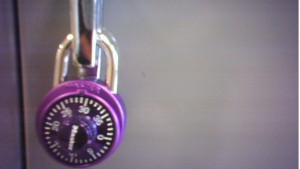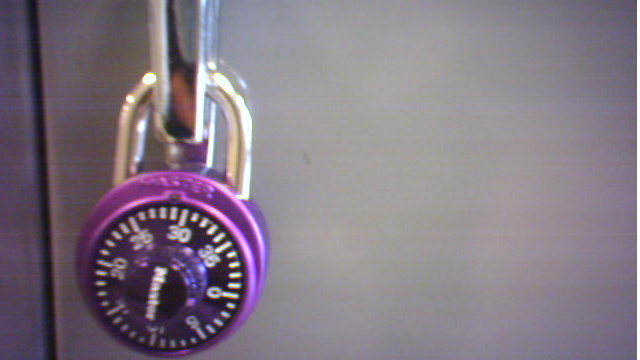When using public wifi, your computer and login credentials can be "sniffed" by malicious hackers on the same network. Always use HTTPS to secure your information. HTTPS Everywhere automatically forces HTTPS onto hundreds of popular sites, thus ensuring your safety. You can download the free plugin here.
Careful where you click
Most of us are well acquainted with not clicking of fishy links in email. But if you happen to use sites such as Twitter or Facebook, you're not out of the dark. If links from friends look "spammy", it's often the case that their account has been phished. Avoid clicking on the link (or even hovering over it, in some cases). Whenever in doubt, don't click!
Create a different secure password for each account
The truth about passwords is that we are horrible at creating good ones. Too often, it's your cat's name, your wife's maiden name or your favorite celebrity. Secure passwords should be a random combination of letters, symbols and numbers. Applications such as 1Password are excellent at generating random passwords and keeping a list of them so you never have to wonder. Best of all, 1Password syncs on the Mac, PC, Android and iOS with Dropbox, so you can store your passwords and always have them synced with your devices. I highly recommend using this application or something similar.
And remember, don't give your password to ANYONE!
Encrypt your data
In the case that you are hacked, you'll want to make sure your important data is safe. TrueCrypt, free and open source encryption software, is available for Mac and PC and can do just that.
Shop safely online with temporary credit card numbers
Worried about giving your credit card number to some no-name guy in Florida in exchange for sending you some rad Ghostbusters patches? Well I sure was! Most, if not all, banks offer the ability to create a temporary credit card number. This number can only be used once. It links directly to your credit card, so you can keep your actual number safe.
I hope these tips have been helpful. If you've got your own to share, please let us know how you keep safe in the comments.

